Now Reading: Top 5 Best Places to Visiting in Imphal East – Temples, Parks & Heritage Sites
-
01
Top 5 Best Places to Visiting in Imphal East – Temples, Parks & Heritage Sites

Top 5 Best Places to Visiting in Imphal East – Temples, Parks & Heritage Sites
1.SHREE SHREE GOVINDAJEE TEMPLE
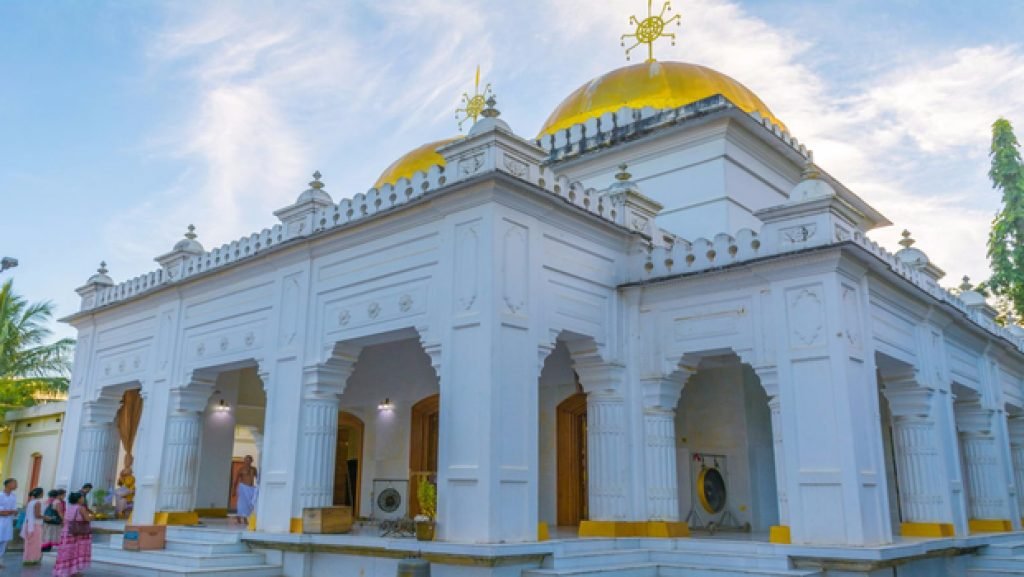
In the center of Imphal the Shree Shree Govindajee Temple shines as a remarkable ceremonial monument of religious customs and piety. Throughout the history of Manipur the holy temple of Shree Shree Govindajee Temple has functioned as the main spiritual place for Vaishnavites wherever they go.
Two giant golden domes at Shree Shree Govindajee Temple shine brilliantly in the day to symbolize peaceful devotion. People exploring Manipur need to experience this simple temple structure which projects both an elegant calm and spiritual atmosphere. The temple provides visitors a peaceful sanctuary through its well-kept gardens alongside its authentic architectural features while the surrounding city noises fade into silence.
The temple exists daily with devotional music combined with ritual practices and constant chanting. The sacred place attracts a diverse congregation who actively participate in ceremonial rituals each day thereby creating a lively spiritual organization. Visitors can participate in the daily events allowing the temple to serve as a place that unifies both religion and local culture.
2.SANTHEI NATURAL PARK
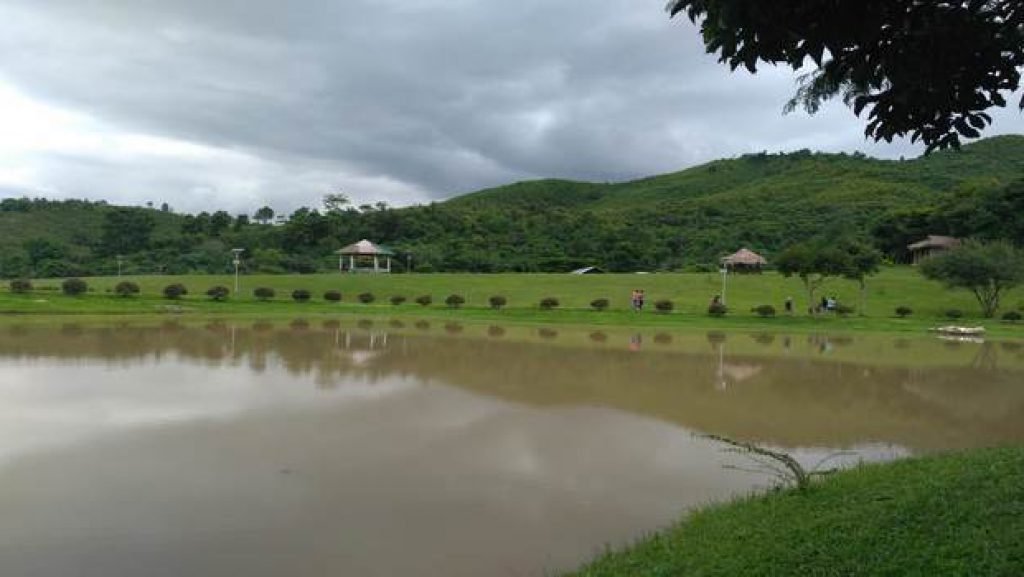
The North Eastern part of Manipur locates Andro Village 21 kilometers north of Imphal. The hub facilitates cultural experiences of Manipur dedicated to preserving both historical heritage and traditional practices of the state. The religious beliefs of previous centuries continue to shine through a fireset which temple controllers maintain at the Panam Ningthou temple. Santhei Natural Park exists at Andro village’s edge along with an outcome from local residents studying nature conservation while rationally managing it. The artificial dam’s routing created an enchanting appearance accompanied by dual public service functions as water reservoir and utility facility. Tourism in Manipur has chosen the area to rank among its top attractions for visitors. NEC supports the ‘Infrastructure Development of Tourist Destination of Santhei Natural Park Andro, Imphal East District’ project through funding in 2013-14. The complete project budget amounts to Rs. 478.00 lakhs.
3.WAR CEMETERY
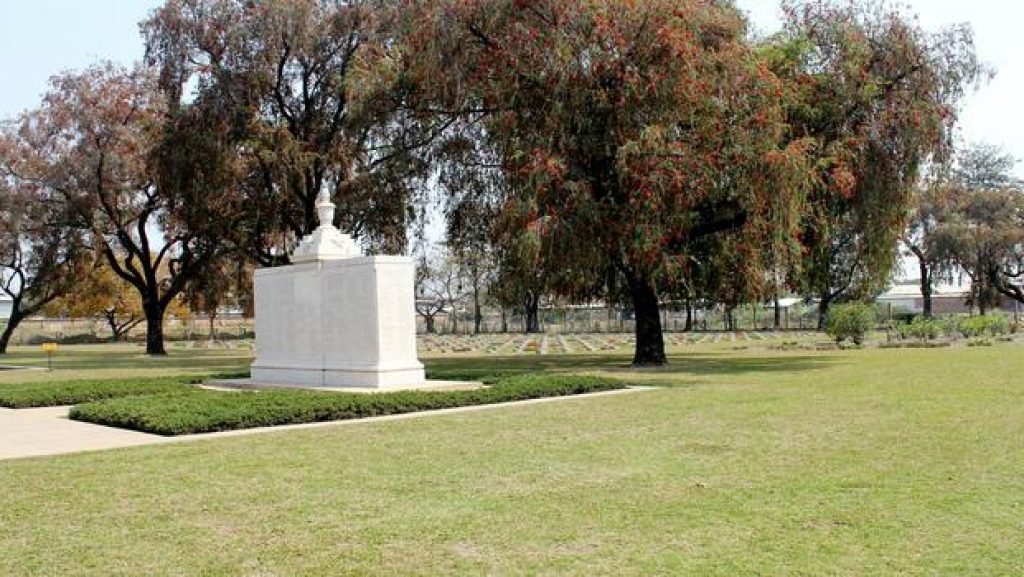
The War Cemeteries occupy a peaceful position near Imphal’s landscapes to honor soldiers who lost their lives in one of World War II’s most intense battles. The sacred cemetery honors soldiers who fought in the pivotal Battle of Imphal in 1944 during World War II. Both British and Indian soldiers lost their lives during this crucial conflict in Southeast Asia.
The War Cemeteries of Imphal exist under committed management by the Commonwealth War Graves Commission which safeguards memories of service members who perished in both world wars. The cemetery provides guests a tranquil atmosphere filled with respectful energy as its beautiful green spaces bloom with flowers.
The departed soldiers rest beneath stone markers and bronze plaques which bear their names with specific ranks together with their regimental affiliations. The markers exist to identify service members yet contain emotionally-charged messages handpicked by family members who thus carry forward their tributes across history.
Why Visit?
- The British National Army Museum honored the Imphal battle with Kohima as their top battle through a popular vote in 2013. The cemetery demonstrates firsthand what soldiers gave during this important battle of history.
- Visitors find tranquility while navigating peaceful hillsides of the cemetery where they can meditate before remembering family members.
- This spot of cultural heritage preserves history as it connects contemporary generations to the war price and peace worth.
4.MUTUA BAHADUR MUSEUM
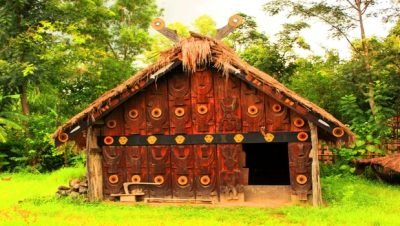
Village Andro holds the Mutua Bahadur Museum which showcases the culture of Manipur along with the North-East region at about 21 kilometers outside of Imphal. Beyond its museum status stands a complex which serves as an active repository for all things cultural that reflect heritage and artistic and traditional practices.
Why Visit?
Every person interested in historical exploration or cultural preservation should include the Mutua Bahadur Museum among their must-see landmarks. Visitors can connect with Manipur’s essence when they explore the museum since it provides a chance to grasp the region’s diversity alongside its historical artistic development.
5.SANAMAHI KIYONG TEMPLE
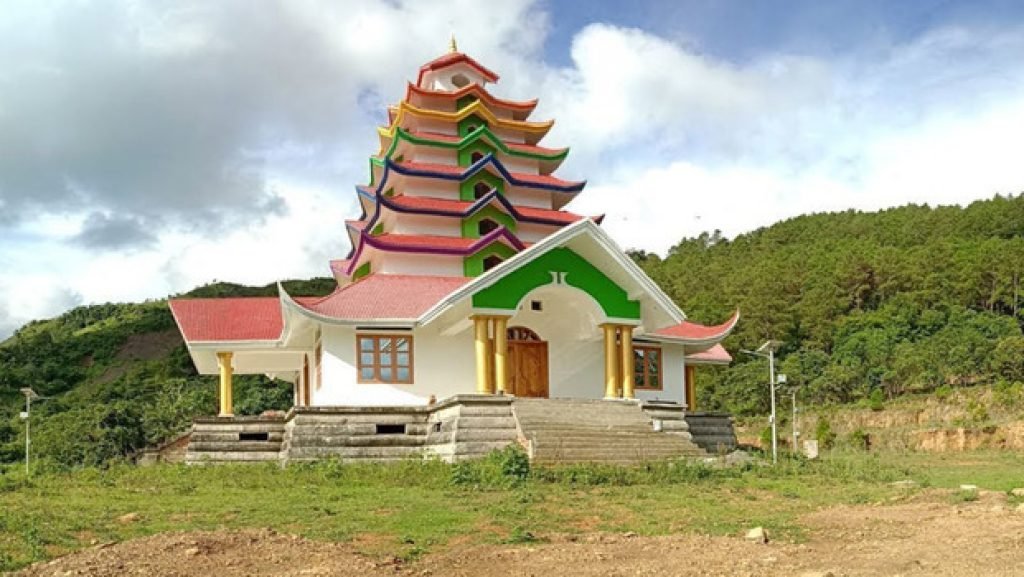
Sanamahi Kiyong Temple rests elegantly on the peaceful Nongmaijing Hills within Imphal East district to serve as a spiritual center for Sanamahism believers who belong to the Meitei religious community. This temple represents both spiritual devotion and cultural heritage for followers who worship in Manipur and throughout wider regions.
The temple serves Lainingthou Sanamahi who is regarded as one of the principal deities of Meitei religious beliefs. Sanamahi stands as both eternal power and protecting force for Meitei households while the people hold this deity deeply in their ancestral customs. This prominent residing place for Sanamahi Kiyong stands as the principal religious site dedicated to the powerful deity.
Significance
The Sanamahi Kiyong Temple serves both religious functions while establishing itself as a space that continues Meitei cultural traditions. Sanamahi Kiyong Temple maintains an essential function in sustaining the Sanamahi religion because it defends the religion from changing cultural patterns in the region. Communal activities together with religious festivities and sacred rituals at the temple help maintain the cultural solidarity of Meitei society.
Related articles : Top 3 Best Places to Visiting in Churachandpur – Caves, Waterfalls & Heritage Sites
Stay Informed With the Latest & Most Important News
Previous Post
Next Post
-
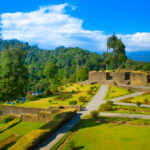 01Top 5 Best Places Visiting in Gyalshing – Monasteries, Lakes & Scenic Escapes
01Top 5 Best Places Visiting in Gyalshing – Monasteries, Lakes & Scenic Escapes -
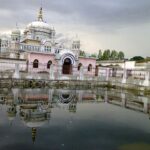 02Top 5 Best Places Visiting in Panna – Temples, Waterfalls & Wildlife Escapes
02Top 5 Best Places Visiting in Panna – Temples, Waterfalls & Wildlife Escapes -
 03Top 5 Best Places to Visit in Malerkotla – Malerkotla Fort, Sheesh Mahal & More
03Top 5 Best Places to Visit in Malerkotla – Malerkotla Fort, Sheesh Mahal & More -
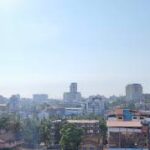 04Top 10 Best Places Visiting in Dakshina Kannad for Culture, Nature & Coastal Charm
04Top 10 Best Places Visiting in Dakshina Kannad for Culture, Nature & Coastal Charm -
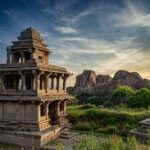 05Top 2 Best Places Visiting in Chitradurga for History, Nature & Adventure
05Top 2 Best Places Visiting in Chitradurga for History, Nature & Adventure -
 06Best Places Visiting in Shopian – Explore Top Attractions & Hidden Gems
06Best Places Visiting in Shopian – Explore Top Attractions & Hidden Gems -
 07Best Places Visiting in Narmadapuram – Temples, Waterfalls & Wildlife Escapes
07Best Places Visiting in Narmadapuram – Temples, Waterfalls & Wildlife Escapes












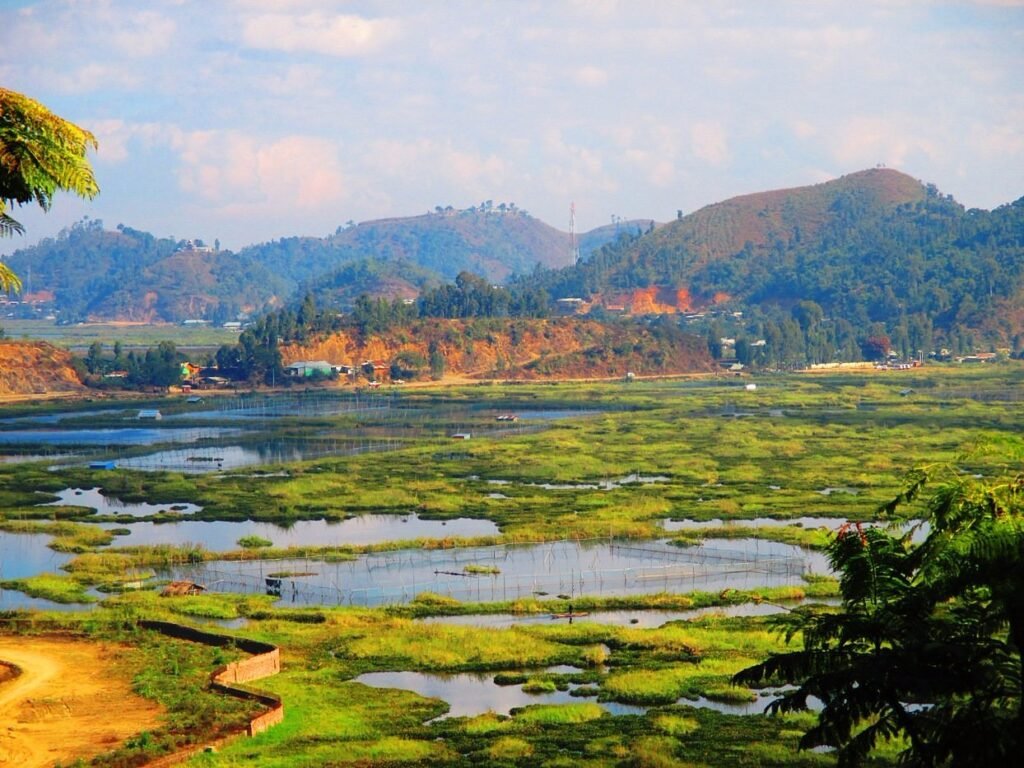


Pingback: Best Places to Visiting in Imphal West – Kangla Fort, Govindajee Temple & Ima Keithel